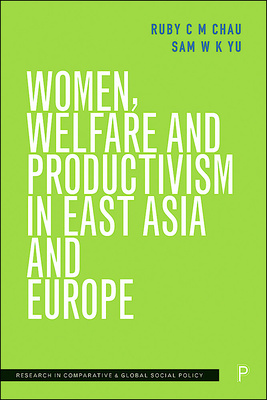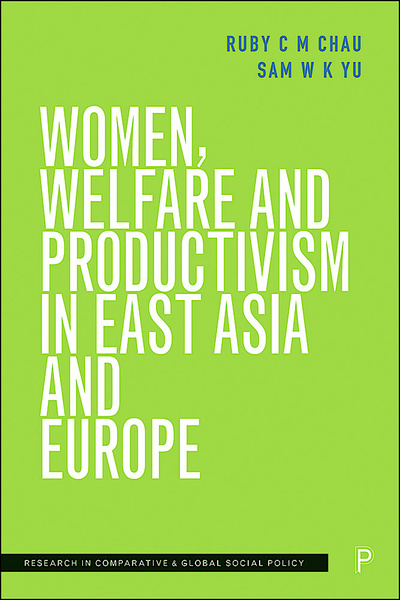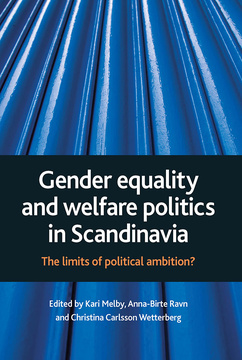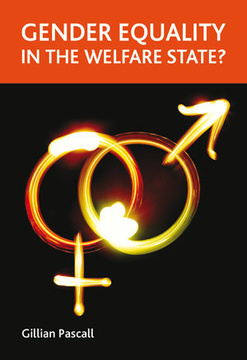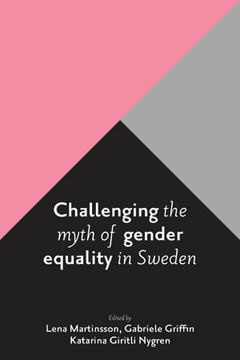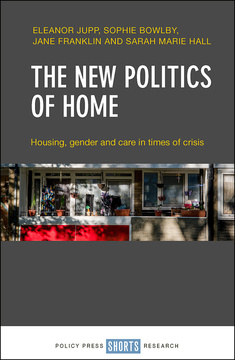Published
Jul 29, 2022Page count
256 pagesBrowse the series
Research in Comparative and Global Social PolicyISBN
978-1447357711Dimensions
234 x 156 mmImprint
Policy PressPublished
Jul 29, 2022Page count
256 pagesBrowse the series
Research in Comparative and Global Social PolicyISBN
978-1447357735Imprint
Policy PressPublished
Jul 29, 2022Page count
256 pagesBrowse the series
Research in Comparative and Global Social PolicyISBN
978-1447357735Imprint
Policy PressDeveloping the new framework of ‘life-mix’, which considers the mixed patterns of caring and working in different periods of life, this book systematically explores the interplay of productivism, women, care and work in East Asia and Europe.
The book ranges across four key aspects of welfare — childcare, parental leave, employment support and pensions — to illustrate how policies affect women in various periods of their lives. Policy case studies from France, Germany, Hong Kong, Hungary, South Korea, Sweden and the UK, show how welfare could support people’s caring and working lives. This book forms a prescient examination of how productivist thinking underpins regimes and impacts women’s welfare, care and work in both the East and West.
“This informative study provides an original reflection on gender, welfare regimes and productivism from comparative perspectives. It offers a rigorous theoretical analysis, critical evaluation of policies and a compelling empirical account of women’s experiences of life-mix challenges. Fascinating work.” Sirin Sung, Queen’s University Belfast
“A scholarly analysis of women and welfare/work and care in European and East Asian welfare states. Covers a lot of ground, theoretically and empirically. The life-mix concept provides a good framework for the analysis and discusses ways that policy could support pro-work and pro-care choices/lives.” SPA Panel for Richard Titmuss Book Award
Ruby C. M. Chau is Associate Professor in Public and Social Policy at the University of Nottingham. She is interested in welfare mix, women and welfare, culturally sensitive health and social care.
Sam W. K. Yu is an independent researcher. His research focuses on welfare models, comparative social policy and East Asian welfare regimes.
1. Introduction
2. The theoretical foundation of the life-mix framework
3. East Asian welfare regimes
4. Policy case studies: childcare leave measures and ECEC
5. Policy case study: pension measures
6. Policy case study: ALMPs and alternatives
7. Women’s life- mixes: insights from two qualitative studies in Hong Kong
8. Creating favourable conditions for diverse life-mix preferences
9. New dimensions to contemporary welfare ideas
10. Conclusion







